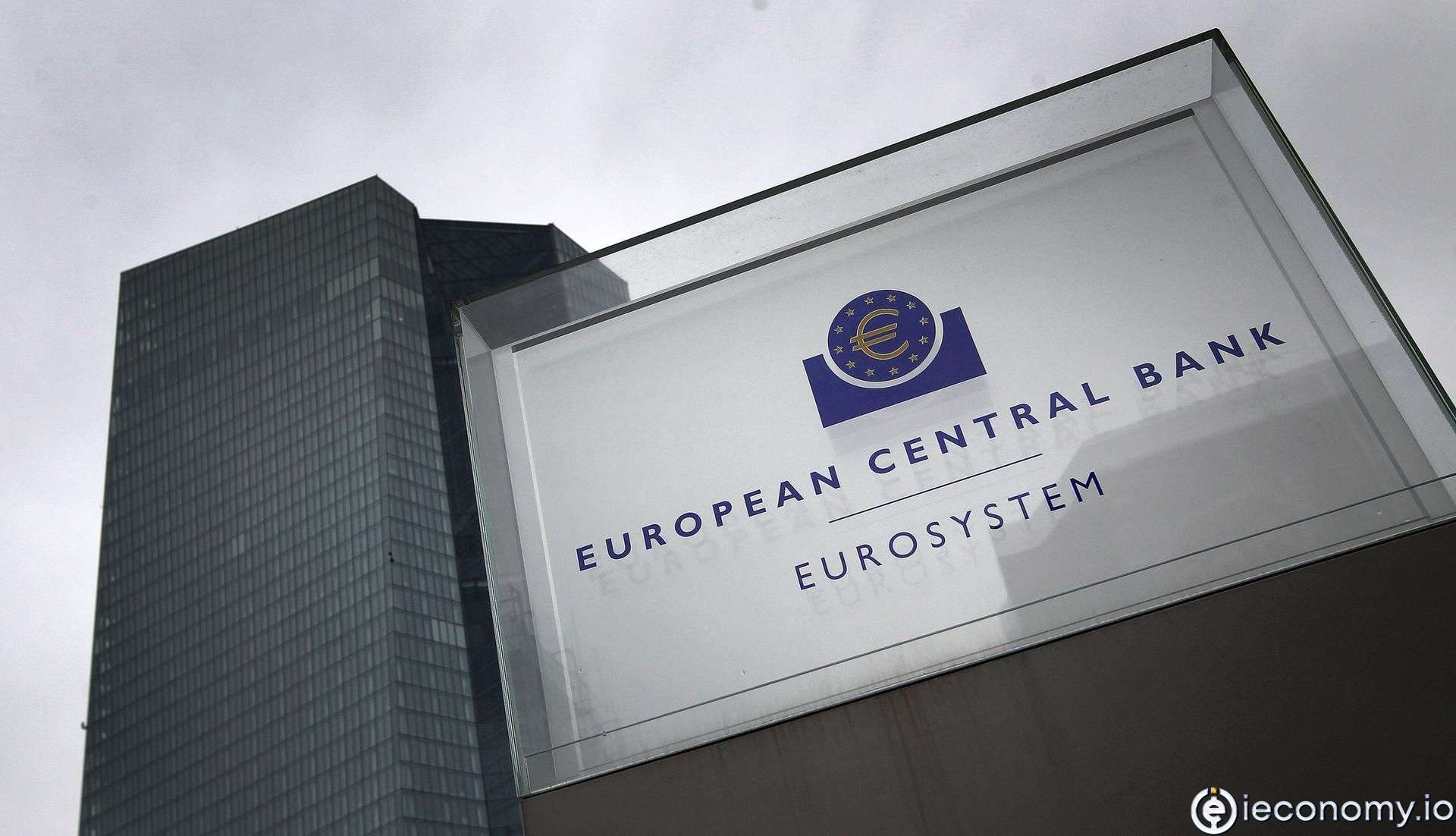8211
0
According to the expert opinion, negative interest is unconstitutional
The continuing negative interest rate policy of the European Central Bank (ECB) is considered unconstitutional in an expert opinion.

Yazar: Tom Roberts
Yayınlanma: 4 Temmuz 2021 16:37
Güncellenme: 3 Mart 2026 01:39
According to the expert opinion, negative interest is unconstitutional
The continuing negative interest rate policy of the European Central Bank (ECB) is considered unconstitutional in an expert opinion. This monetary policy means an expropriation of savers and violates the right to private property guaranteed in the German constitution and in European law, concludes the former Federal Constitutional Court judge Paul Kirchhof in a legal opinion for the Sparda banks, about which the "Welt" reported. "Saving should not be discriminated against as a form of investment for the population with small assets compared to shares and real estate as a form of investment for people with higher monetary property," says the report. The ECB lowered its deposit rate into negative territory for the first time in 2014. This key interest rate, at which the banks refinance themselves from the central bank, is currently minus 0.5 percent. Despite rising inflation, the ECB has announced that it intends to maintain its low interest rate policy. "With the negative interest, the saver is expropriated, although the state is in principle not allowed to access private property. This is unconstitutional and also contradicts European law," Kirchhof told the newspaper. The fundamental right to be able to benefit from one's property is part of the freedom of ownership guaranteed in the Basic Law. "And this fundamental right is being taken away from savers by the interest rate policy of the ECB," emphasized the lawyer. His report is to be published in Berlin on Monday. According to the comparison portal Verivox, 349 banks are currently charging negative interest rates from private customers, almost twice as many as they were at the end of 2020. This week, the third largest German bank, ING, announced that it would charge negative interest from an allowance of 50,000 euros.İLGİLİ HABERLER





European stocks soared and focus shifted to German retail sales after Powell's speech!

Forex Signal For TRY/USD: Inflation Slowdown in November.

Forex Signal For GBP/USD: Bullish Trend Still Not Breaking While Recovery Continues.

Forex Signal For EUR/USD: Starry US Data Points to Higher Fed Increases.

Forex Signal For BTC/USD: Downside Continues as Bitcoin Recovery Moves Less.
En Popüler Haberler
Yorum Yap
Yorumlar
Henüz yorum yapan yok! İlk yorumu siz yapın...